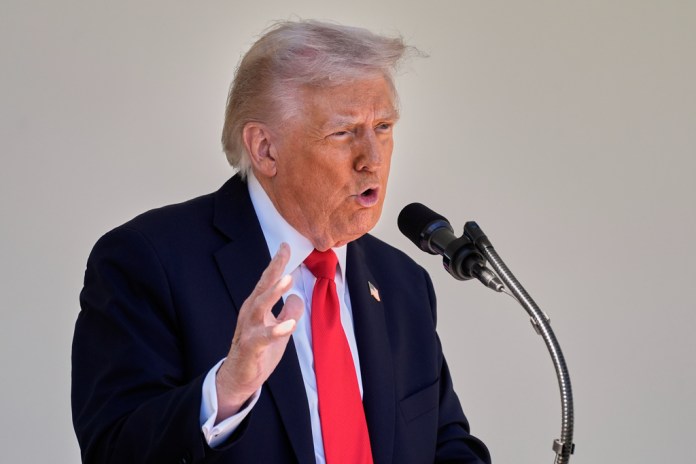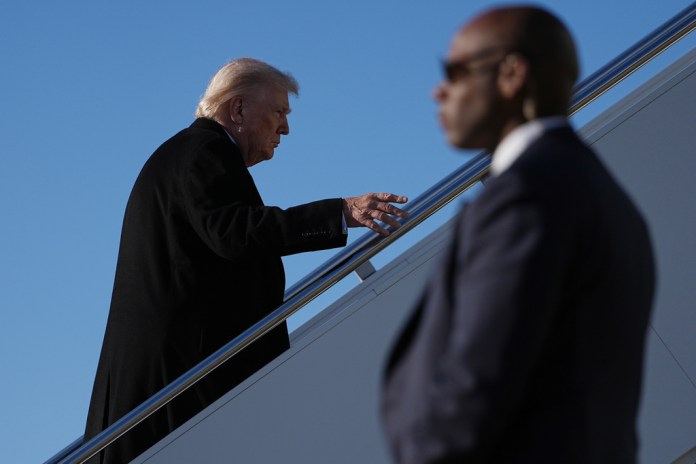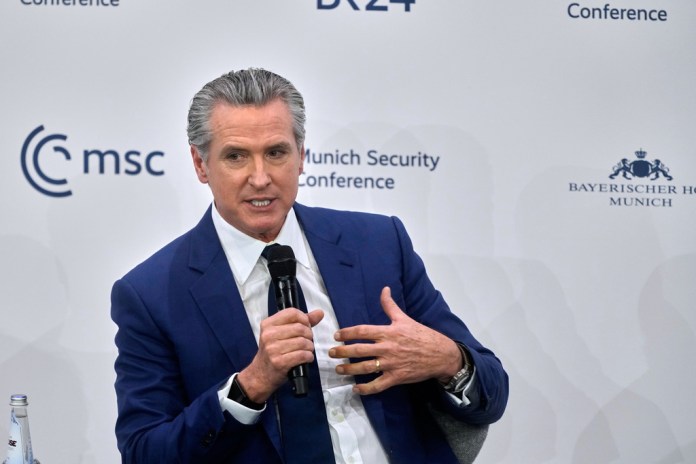Supreme Court Signals Skepticism About Trump’s ‘Emergency’ Tariffs
the excerpt highlights a statement by Justice Kagan, emphasizing that certain powers under discussion are fundamentally Article I powers rather than Article II powers. This distinction underscores the constitutional separation of powers, with Article I primarily addressing legislative authority. It sounds like you’re referring to an analysis or interpretation of the separation of powers as articulated by Justice Elena Kagan. Specifically, Justice Kagan’s emphasis that certain powers are “fundamentally Article I powers rather than Article II powers” highlights the constitutional framework where:
– **Article I** of the U.S. Constitution primarily vests legislative powers in Congress,including lawmaking,budgeting,adn oversight.
– **Article II** vests executive powers in the President, including enforcement and administration of laws.
By stressing this distinction, Justice Kagan draws attention to the allocation of authority between the legislature and the executive branches. This serves as a constitutional check to prevent one branch from overstepping or assuming powers constitutionally assigned to the other, maintaining the balance of power envisioned by the framers.
If you need, I can definitely help with:
– A deeper explanation of the constitutional context for this distinction.
– How this distinction has played out in specific Supreme Court cases.
– The implications of this outlook for contemporary separation-of-powers debates.
Would you like me to elaborate on any of these points?
‘[T]hese are not things that are thought of as Article II powers, [but] quintessential Article I powers,’ said Justice Kagan.
" Conservative News Daily does not always share or support the views and opinions expressed here; they are just those of the writer."




